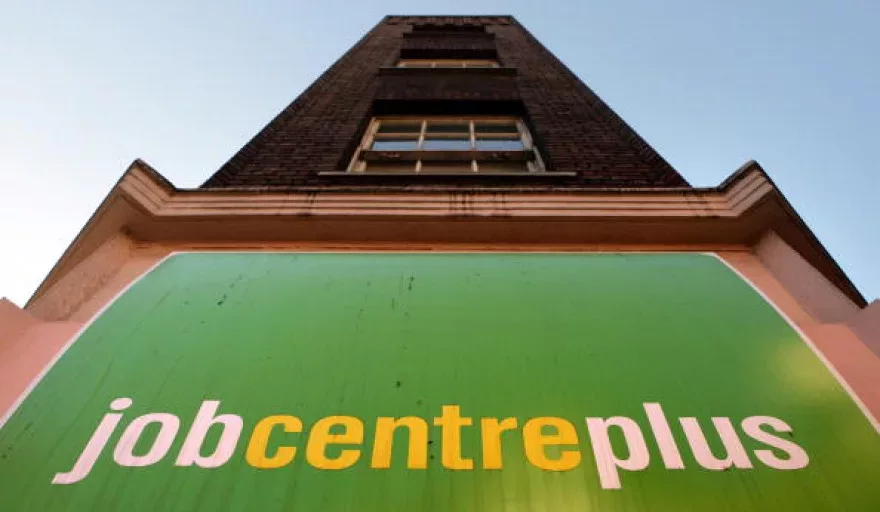British unemployment rate falls to 6.2 per cent in the quarter to the end of July, hitting another five-year low point, official data showed on 17th September.
The rate for the May-July period compares with 6.4 per cent for the three months to the end of June, the Office for National Statistics (ONS) said in a statement. At 6.2 per cent, the rate was at its lowest level since late 2008.
The ONS added that the number of unemployed dropped by 146,000 to stand at 2.02 million people.
Meanwhile official data on Tuesday showed Britain’s 12-month inflation dipped to 1.5 per cent in August from 1.6 per cent in July, easing pressure on the Bank of England to raise rates. The Consumer Prices Index (CPI) inflation measure matched May’s level, which had been a near five-year low point.
Analyst expectations had been for the annual rate to remain at 1.6 per cent, according to a survey by Dow Jones Newswires.
Britain is a member of the European Union but not of the eurozone, where inflation has fallen to 0.3 per cent, causing the European Central Bank to take exceptional measures to ward off the dangers of deflation.
“Falls in the prices of motor fuels and food & non-alcoholic drinks provided the largest downward contributions to the change in the rate,” the Office for National Statistics said in a statement in London. “The largest, partially offsetting, upward effects came from clothing, transport services and alcohol.”
On a month-on-month basis, the CPI rose by 0.4 per cent in August from July, in line with analyst expectations. “With inflation at a five-year low, it is difficult to see why the Bank of England should even consider raising interest rates at present,” said Ben Brettell, senior economist at Hargreaves Lansdown stockbrokers. “We are faced with uncertainty around the Scottish referendum, and there are signs the economy is slowing somewhat, with UK manufacturing activity growing at its slowest rate in 14 months in August.”
Last week, Bank of England governor Mark Carney hinted that the bank could raise its main interest rate from a record-low level in early 2015, citing the country’s solid economic recovery despite recent weaker data. Earlier this month, the BoE voted to hold its key interest rate at half a percent, in its first meeting since divisions emerged over when to tighten policy.

































